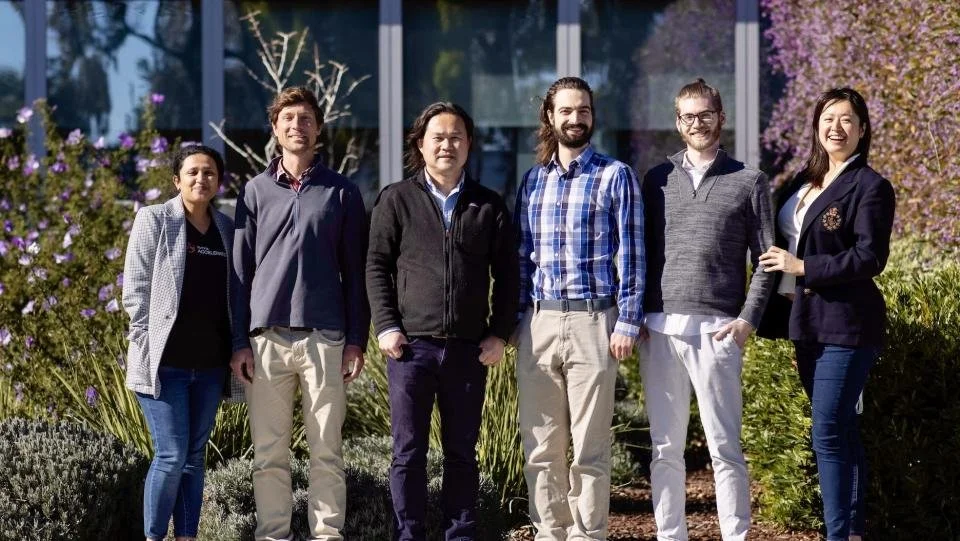Yali Bio Brings ‘Designer Fats’ To The Table For Enhanced Plant-Based Meat And Dairy Developments
REPUBLISHED_FROM_GREEN QUEEN_DECEMBER_1_2002
By Amy Buxton / March 1, 2022
Californian startup Yali Bio was founded in 2021 to help improve the taste of plant-based food by focusing on fat. The company says that tempting meat eaters away from their favourite dishes is hard and this is because they expect a level of authenticity that many products can’t offer. The company’s hope is that their new range of ‘designer fats’ is the answer.
Yali is in the process of developing a platform that will allow for fully tailored fat creations, for adding to alternative meat and dairy items. Synthetic biology and genomic tools are slated to be used in the process of fat development. Final products are claimed to be more sustainable than frequently used current oils, including coconut. They will be modified to offer comparable flavour and texture to animal-based fats.
Levelling up vegan meats
“It is clear to me that the product quality and consumer experience has reached a plateau,” Yulin Lu, CEO and co-founder of Yali Bio told TechCrunch. “We see successful brands in the space of meat, but it is hard to go beyond that. There are so many premium meats people like, and the key missing component is the fat to elevate the quality of the product.”
Lu and fellow co-founder Peng Xu have brought together their respective disciplines of food tech and synthetic biology to supersede conventional fat additives. Coconut oil is a commonly used fat in plant-based meats but it doesn’t offer the right flavour. To counteract this, manufacturers are topping up the umami notes with additives that prevent clean labelling. Yali Bio purports to be the answer to the issue.
While some fat developers are innovating within the cultivated sector, using animal cells to generate cruelty-free fat deposits, Yali Bio has opted for precision fermentation. Since inception, it has created a library of microbe strains, initiated pilot testing and assessed small and medium scale production feasibility. It hopes to soon move into finalised product development.
Funding scale-up
The company recently closed a $3.9 million seed funding round led by Essential Capital, with Third Kind Venture Capital and S2G ventures participating, alongside others. The round brought total funding to date to $5 million. Much of this is being used to construct a new laboratory, with product development and marketing activities being supported as well.
“Anything that enables us to move from an animal-based agriculture to an animal-free world using bio manufacturing is a worthy pursuit,” Edward Shenderovich, managing partner at Essential Capital, told TechCrunch. “Yulin identified an important pain point in the adoption of plant-based, fermented and cultivated food. Most cultivated meat is just proteins, and we like to eat fat. Fat has been demonized, but it is making a comeback.”
Yali Bio intends to reach full production capacity, barring any regulatory hurdles, within two or three years. Its customisable fat products will be available to all plant-based meat and dairy manufacturers looking to reduce or remove reliance on additives alongside imperfect fats.
New kinds of fat
Replacing animal fat is not only good for health, it represents moves forward for the entire plant-based meat sector. A number of startups are looking to replace conventional animal-derived fats, with increasingly sophisticated methodologies. Repurposed fruit pits, smart fats, and fermented alternatives are all being developed.
Looking specifically at fat that will work in meat substitutes, Sweden’s Mycorena has utilised fungi to create a breakthrough that makes steaks ‘juicy’. The company claims that its fat melts in a similar way to animal lipids, while being cooked and eaten, leaving no unusual aftertaste. Testing continues but effective marbling looks promising. Mycorena will be supplying its development on a B2B basis.

